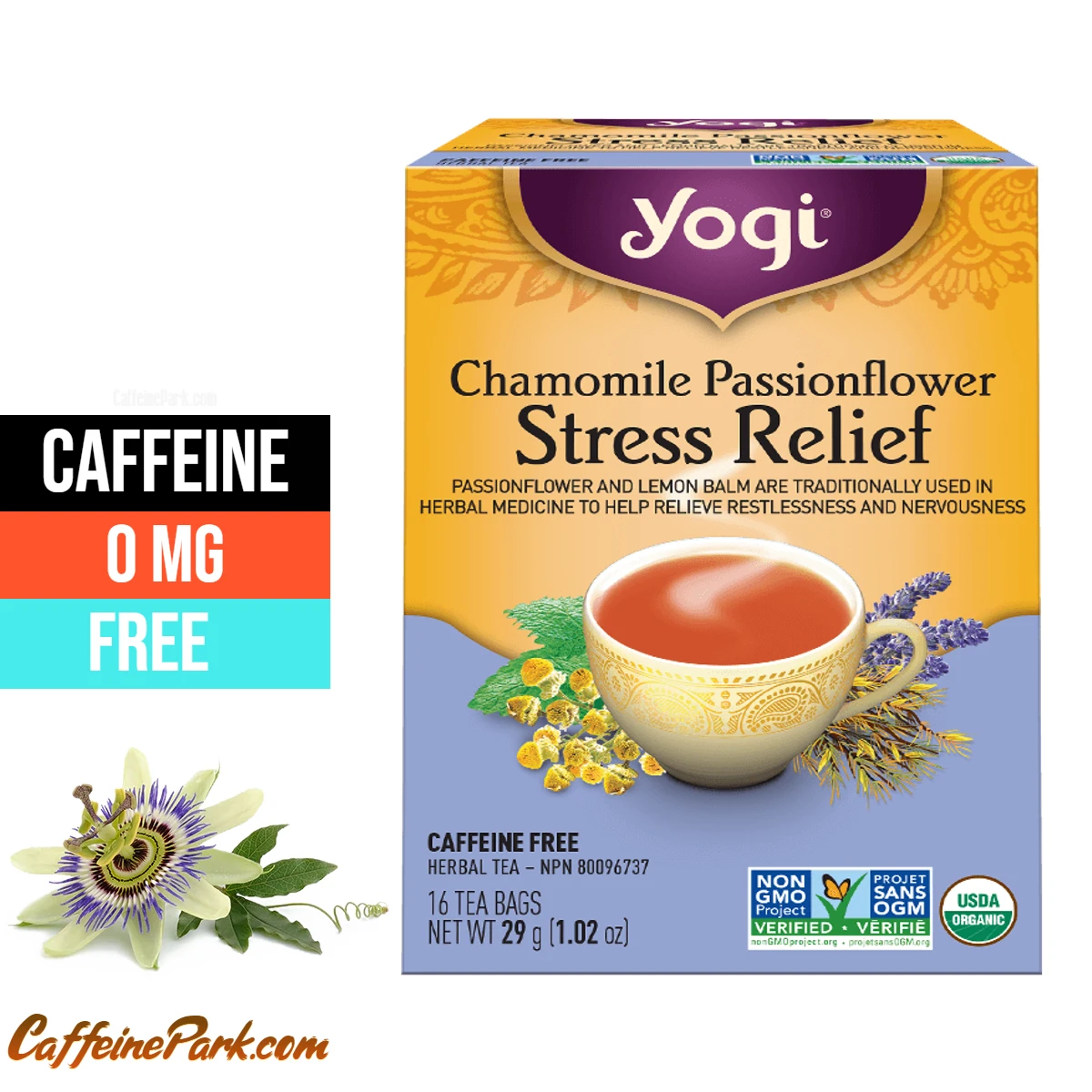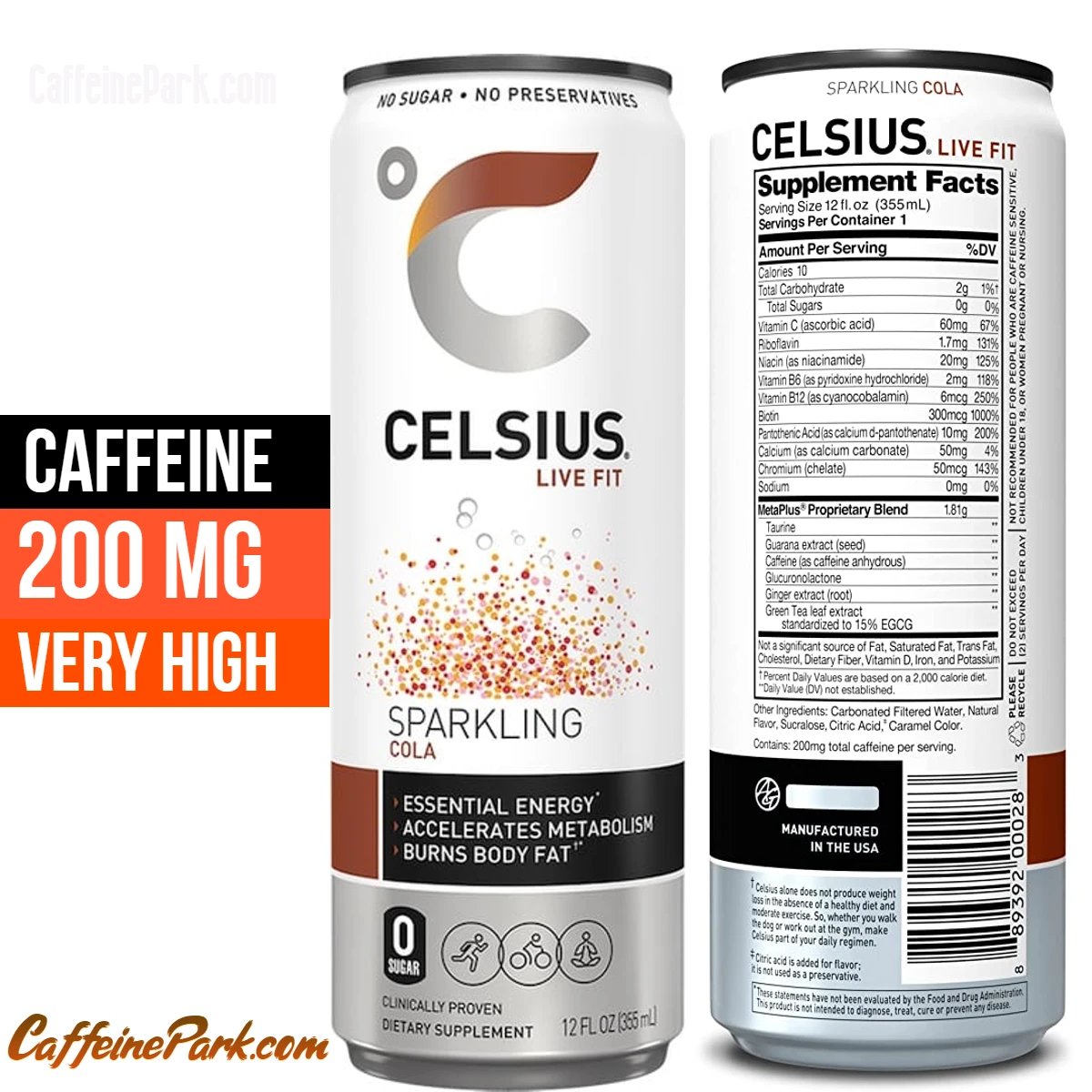Passionflower tea Caffeine Content

Hello there! Are you curious about the caffeine content in passionflower tea? Well, you’ve come to the right place. In this article, we’ll take a closer look at passionflower tea and its caffeine content.
Passionflower tea is a herbal tea that is made by steeping the leaves, flowers, and stems of the passionflower plant in hot water. The passionflower plant is native to the Americas and has been traditionally used for its medicinal properties. The tea is said to have a calming effect on the body and mind and is often used as a natural remedy for anxiety, insomnia, and other sleep-related problems.
Passionflower Tea and Caffeine
Now, let’s get to the question at hand – does passionflower tea contain caffeine? The answer is no, passionflower tea is naturally caffeine-free. This makes it an excellent choice for those who are sensitive to caffeine or who prefer to avoid it altogether.
Caffeine is a stimulant that can cause jitters, nervousness, and anxiety in some people. It can also interfere with sleep patterns and lead to insomnia. Since passionflower tea is caffeine-free, it can help promote relaxation and calmness, making it an ideal beverage to consume before bedtime.
Benefits of Passionflower Tea
Passionflower tea offers a range of health benefits, thanks to its natural compounds such as flavonoids, alkaloids, and glycosides. Some of the potential benefits of passionflower tea include:
- Reduces anxiety and stress: Passionflower tea has been shown to have anxiolytic properties, meaning it can reduce feelings of anxiety and stress. It may help lower cortisol levels in the body, which is a hormone associated with stress.
- Improves sleep quality: Passionflower tea can promote relaxation and improve sleep quality. It may help increase the duration of sleep and reduce the time it takes to fall asleep.
- Relieves menopausal symptoms: Some studies suggest that passionflower tea may help alleviate symptoms of menopause such as hot flashes, mood swings, and insomnia.
- Supports heart health: The antioxidants present in passionflower tea can help protect against oxidative stress, which is a major risk factor for heart disease.
- Anti-inflammatory properties: Passionflower tea contains anti-inflammatory compounds that may help reduce inflammation in the body and protect against chronic diseases.
How to Make Passionflower Tea
Making passionflower tea is easy and can be done in a few simple steps. Here’s how:
Ingredients:
- Dried passionflower leaves and/or flowers
- Hot water
- Honey or another sweetener (optional)
Instructions:
- Boil water in a kettle or on the stove.
- Place 1-2 teaspoons of dried passionflower leaves and/or flowers in a tea strainer or infuser.
- Pour the hot water over the passionflower and let it steep for 5-10 minutes.
- Remove the tea strainer or infuser and discard the used leaves and/or flowers.
- Add honey or another sweetener to taste, if desired.
- Enjoy your cup of passionflower tea!
Possible Side Effects of Passionflower Tea
While passionflower tea is generally safe for consumption, it is important to note that it may cause some side effects in certain individuals. Some possible side effects of passionflower tea include:
- Drowsiness: Since passionflower tea has a calming effect, it may cause drowsiness in some individuals. It is recommended to avoid driving or operating heavy machinery after consuming passionflower tea.
- Nausea: Some people may experience nausea or vomiting after drinking passionflower tea, especially if they are sensitive to its compounds.
- Dizziness: Passionflower tea may cause dizziness or lightheadedness in some people, especially if they consume it in large quantities.
- Allergic reactions: In rare cases, passionflower tea may cause allergic reactions such as rash, itching, or swelling of the face, lips, or tongue. If you experience any of these symptoms, stop consuming the tea and seek medical attention.
It is important to consult your healthcare provider before consuming passionflower tea, especially if you are pregnant, breastfeeding, or taking any medications.
Other Ways to Consume Passionflower
Aside from drinking passionflower tea, there are other ways to consume this herb and enjoy its health benefits. Some alternative ways to consume passionflower include:
- Capsules: Passionflower is available in capsule form, which can be taken orally as a dietary supplement.
- Tinctures: Passionflower tinctures are concentrated liquid extracts of the herb and can be added to water or other beverages.
- Topical applications: Passionflower can be used topically in the form of creams, ointments, or oils to help alleviate skin conditions such as eczema, psoriasis, or acne.
Conclusion
Passionflower tea is a delicious and healthy beverage that is naturally caffeine-free and offers a range of potential health benefits. It can help promote relaxation, reduce stress and anxiety, improve sleep quality, and support heart health. However, it may cause some side effects in certain individuals, so it is important to consume it in moderation and consult your healthcare provider before use.
Overall, passionflower tea is a great choice for those who are looking for a natural and caffeine-free alternative to traditional teas and coffee. So go ahead, brew yourself a cup of passionflower tea, and enjoy its calming and soothing effects!
Alternative to Passionflower tea
While passionflower tea is a great choice for those looking for a caffeine-free herbal beverage, there are also many other options to consider. Here are a few popular alternatives to passionflower tea:
- Chamomile tea: Chamomile is another popular herb that is known for its calming and relaxing effects. Chamomile tea is caffeine-free and can be enjoyed any time of day to help reduce stress and promote restful sleep.
- Lavender tea: Lavender is a fragrant herb that is often used in aromatherapy to promote relaxation and reduce anxiety. Lavender tea is naturally caffeine-free and can be enjoyed before bed to help promote restful sleep.
- Lemon balm tea: Lemon balm is a citrus-scented herb that has been shown to have a calming effect on the nervous system. Lemon balm tea is caffeine-free and can be enjoyed throughout the day to help reduce stress and anxiety.
- Valerian root tea: Valerian root is a powerful herb that is often used to promote relaxation and improve sleep quality. Valerian root tea is caffeine-free and should be consumed in moderation, as it can cause drowsiness.
- Kava tea: Kava is a plant native to the South Pacific that has been used for centuries to promote relaxation and alleviate anxiety. Kava tea is caffeine-free and should be consumed in moderation, as it can cause drowsiness and may interact with certain medications.
Remember, it is important to consult your healthcare provider before trying any new herbal teas, especially if you are pregnant, breastfeeding, or taking any medications.
FAQs
No, passionflower tea is naturally caffeine-free, making it a great choice for those who are sensitive to caffeine or looking for a caffeine-free alternative to traditional tea and coffee.
Passionflower tea has been shown to have a range of potential health benefits, including reducing stress and anxiety, promoting restful sleep, and supporting heart health.
To prepare passionflower tea, steep one to two teaspoons of dried passionflower in hot water for five to ten minutes. You can also add honey or lemon for flavor if desired.
While passionflower tea is generally safe for consumption, it may cause drowsiness, nausea, dizziness, or allergic reactions in some individuals. It is important to consult your healthcare provider before consuming passionflower tea, especially if you are pregnant, breastfeeding, or taking any medications.
Passionflower tea can be found at most health food stores, specialty tea shops, and online retailers. Look for organic and high-quality brands for the best taste and health benefits.
Read More:





